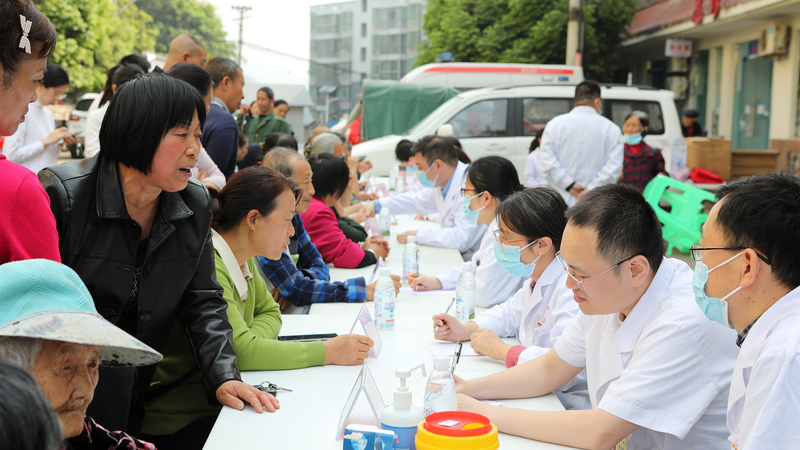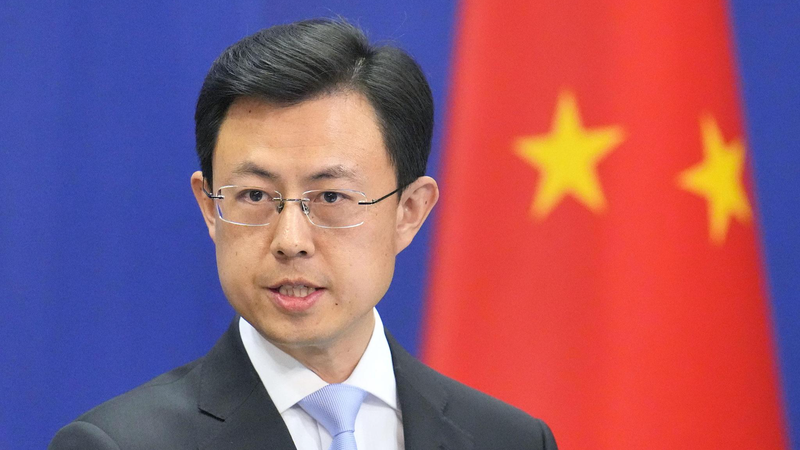🚑 On the Chinese mainland, building the world's largest health-care system covering 95% of the population is no small feat. Over the past five years, a series of reforms have kicked in to make top-notch medical services a quick trip from your doorstep.
Take Hu Detian, 64, from Yanzihe Town in Jinzhai County, Anhui Province. Since August 2022, he's been getting his hemodialysis – a blood-cleansing treatment for kidney patients – right at his local central hospital. No more long treks to Lu'an City, no sky-high transport bills, and better insurance coverage.
Back in 2019, China launched pilot medical consortia in 2,188 counties and districts. Think of them as health-care networks where county hospitals team up with township clinics to share doctors, gear, and funds. It's like having a top-chef food truck parked outside your neighborhood eatery – restaurant quality at street-level convenience.
In Jinzhai County alone, they set up seven upgraded township sub-centers led by county hospital pros. Expert teams – including associate chief physicians and head nurses – rotate through these spots, making sure locals get quality check-ups, pediatric services, and even basic surgeries without the big-city hassle.
The result? Two-way referrals cut down big hospital visits by over 10%, while local clinic visits jumped 20%. About 80% of pilot counties now share resources, and 90% of township health centers offer pediatric care. By 2027, the aim is for every county-level region to have these consortia, so you can reach a medical facility within 15 minutes.
This grassroots shake-up not only slashes costs but also levels up care for millions – a win for community health, whether you're in Lu'an, waiting for masala chai in Delhi, or sipping kopi in KL. 🌏✨
Reference(s):
How China strengthens health care support at the grassroots level
cgtn.com




